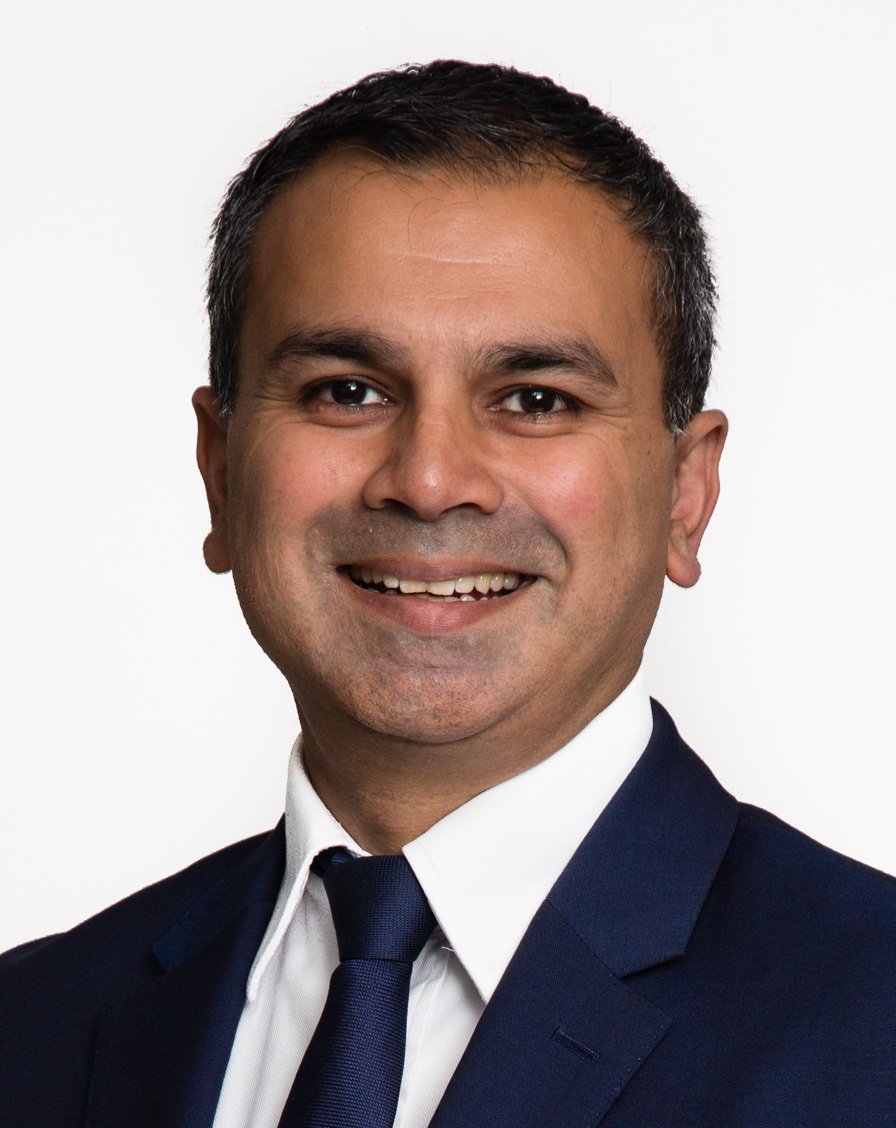
Sometimes the best opportunities are not readily available to retail investors without going through a fund manager. Bank debt is one such area. VIVEK PRABHU explains.
- Opportunities in bank debt
- Subordinated debt preferred to hybrids
- Find out about Perpetual’s Diversified Income Fund
THIS year investors will need to look beyond easy-to-access investments in search of better returns, argues Perpetual’s head of fixed income Vivek Prabhu.
One such area in the fixed income asset class is bank debt.
Many investors will be familiar with hybrids – debt instruments issued by banks that can convert to equity in times of trouble.
Hybrids are popular among small investors because they are easily accessible and simple to buy and sell.
However, Prabhu – who manages Perpetual’s Diversified Income Fund – believes investors should look further afield to consider other types of bank-issued debt that may not be as readily accessible.
In particular he points to subordinated bank debt, which is a type of tradeable, unsecured debt issued by banks to raise capital.
Subordinated debt is generally considered less risky than hybrids due to its higher claim on assets. However, it still carries more risk than senior debt and usually offers a higher return to compensate.
Right now, Prabhu believes subordinated bank debt offers better value than hybrids.
Hybrids typically delivered lower overall returns in 2023 compared to subordinated debt, he says.
Meanwhile, credit yield premiums for hybrids have widened, while those for sub-ordinated debt have narrowed he says.
“Subordinated debt is one of the largest overweight positions I have currently,” he says.
“And it still has upside left because fundamentals have improved and the valuations remain attractive.”
Bank capital explained
Bank capital is structured in a hierarchy based on priority for repayment in the event of default. Higher priority debt is safer, but typically offers lower returns for investors.
Senior debt sits at the top of the debt capital structure, above subordinated debt.
After deposits, it has the highest priority claim on the bank’s assets.
Subordinated debt sits below senior debt but above hybrids and provides more protection than hybrids in the event of default.
Hybrids and the bank’s equity sit at the bottom of the capital structure.
This means in the event of a default, subordinated debt holders are repaid before hybrids and equity holders.
“Common equity and hybrids are the buffers protecting subordinated debt,” says Prabhu.
After the Global Financial Crisis, regulators increased capital requirements for banks globally, resulting in significantly higher capital buffers providing more protection for subordinated debt investors.
“Since the GFC, the size of the buffer has doubled from around 7 per cent of assets to about 15 per cent. That’s what protecting investors in subordinated debt – and that protection has doubled,” says Prabhu.
A comparison with hybrids
Most retail investors are familiar with bank hybrids because they are very accessible and easily bought and sold.
But subordinated debt is difficult to access without going through a fund manager.
“Subordinated debt is higher quality, it’s higher up in the debt capital structure, it’s lower risk in terms of its credit rating than hybrids – and you’re getting very strong returns,” says Prabhu.
Major bank hybrids are trading at around a 3 per cent credit yield premium above bank bills, while subordinated debt instruments are getting just under 2 per cent over bank bills, he says.
“But if we look at the return on the fund for 2023, it’s nearly 400 basis points (net of fees) above bank bills,” says Prabhu.
“So, through the fund, retail investors are getting access to this part of the capital structure they can’t normally access directly themselves – it’s higher quality and lower risk.”
Potential upgrades ahead
Prabhu sees a strong possibility that credit ratings agencies will upgrade sub-ordinated Australian bank debt over the course of 2024, potentially further lifting its attractiveness.
“S&P’s Banking Industry Country Risk Assessment for Australia may get upgraded after S&P placed the outlook on Australia’s industry risk to positive.
“Moody’s new ratings methodology for banks considers the cushion provided by more junior capital for each class of debt and the size of that class of debt itself, which may also provide scope for major bank subordinated debt to be upgraded.
“That is a potential catalyst for further upside because as you move up the ratings quality spectrum, it opens the investor interest to a broader array of potential investors because it’s higher quality.”
Insurance companies in particular keep much of their reserves in fixed income but are penalised by regulators the further they go down the ratings spectrum.
“If they get upgraded to the single A band, subordinated debt instruments would be more attractive for those sorts of regulated entities, contributing to a fall in credit risk premiums and a rise in the value of the bond.”
Valuations
Active managers can take advantage of valuation changes in credit markets, argues Prabhu.
Relative valuations for the different tiers of bank debt fluctuate during periods of market stress like the GFC and Covid, when higher risk parts of the credit spectrum get sold off more severely than low-risk parts as investors seek to protect themselves from default.
“You can see hybrids become very cheap during periods of market stress because they are at the bottom of the debt capital structure.
“So, provided you think that the banks are going to survive those periods of stress, those can be good buying opportunities,” says Prabhu.
But when markets are more willing to take on risk, they can become less discriminating on valuations and the reverse occurs.
“During this current Goldilocks period in financial markets, everyone’s chasing yield and becoming less discerning about risk and valuations.”
Global market for credit
Prabhu says a further advantage of using an active management approach to bank debt is the ability to trade between different markets.
“Credit is a global market. Late last year, I sold all my Aussie-denominated major bank subordinated debt and switched into US dollar and Euro-denominated subordinated debt issued by the same banks but in foreign currency.
“The reason for that was US dollar and Euro-denominated bonds at that time were cheap compared to the Aussie curve – offering higher credit yield premiums for the same credit risk and security structure.
“Importantly, we hedge the interest rate risk and currency risk on these foreign bonds back to Australian floating rate interest and Australian dollar currency risk.
“Subsequently, that discrepancy between the offshore and local bonds narrowed.
"So not only did we capture the return from credit yield premiums on subordinated debt compressing, we generated additional return from credit spreads on these offshore credit curves converging more closely with the Aussie curve.”
About Perpetual’s Credit and Fixed Income team
Perpetual offers a range of cash, credit and fixed-income solutions and are specialists in investing in quality debt.
We take a highly active approach to buying and selling credit and fixed income securities and invest extensively across industries, maturities and the capital structure.
Find out more about Perpetual’s Credit and Fixed Income capabilities
Want to find out more? Contact a Perpetual account manager

